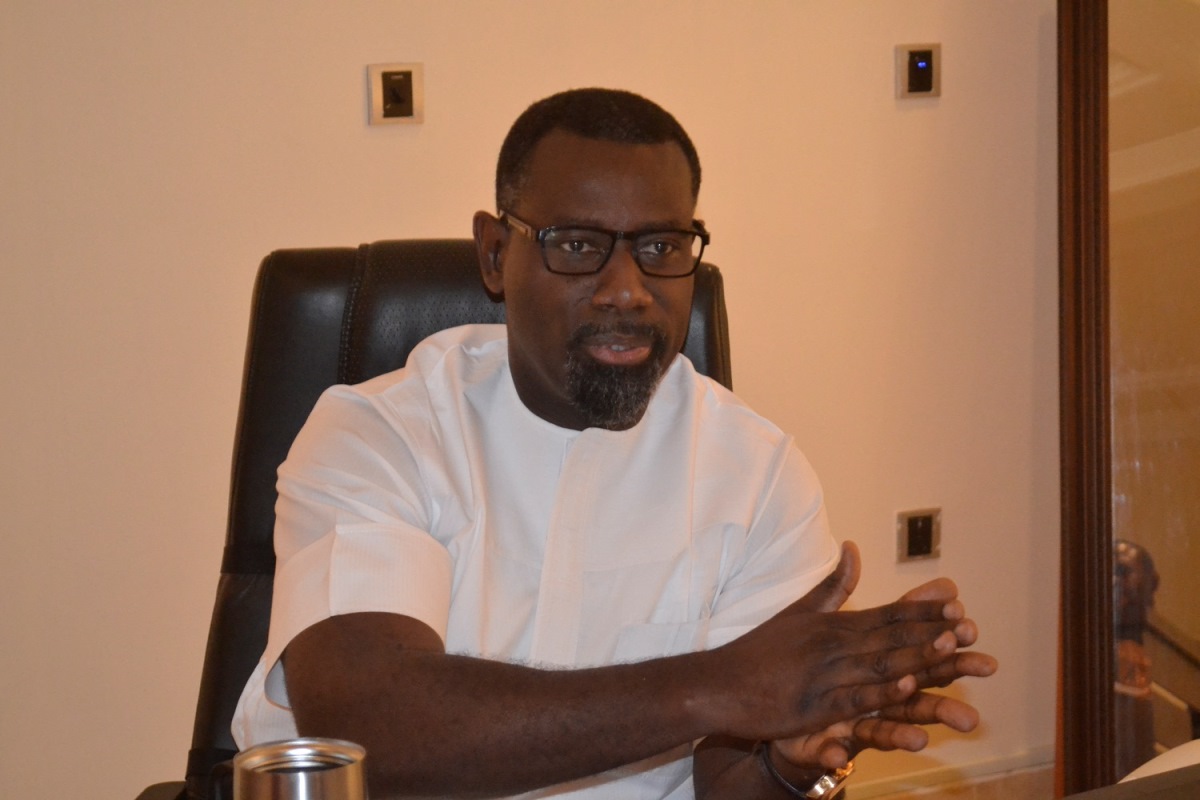By Ruari Phillips, Consultant
The container shipping industry accounts for 60% of seaborne trade in East Africa but has been troubled for years with inefficiency and outdated processes. A Danish company called Block shipping plan to change all that by creating the Global Shared Container Platform (GSCP). Powered by blockchain technology it has 14 features to improve performance. Ports in Djibouti, Somaliland and Kenya have the opportunity to streamline a wide range of processes. The news comes at a time when investors are putting more focus on the region than ever before.
“The shipping industry today is under tremendous financial pressure,” said Peter Ludvigsen, CEO. “We have more than 25 million freight containers in the world used for transporting all types of goods. However, there is no central registry which means a large number of them are being moved around the oceans unnecessarily.”
GCSP plans to save the global industry USD 5.7 billion every year and cut CO2 emissions by more than 4.5 million tons. Block shipping wants to achieve 60% market coverage in three to four years which would mean having 16 million container units in their registry. Another huge benefit of blockchain technology is its ability to create smart contracts. These computer generating contracts will manage payments and haulage.
“Our system includes real-time visibility of ships and containers moving back and forth,” said Ludvigsen. “The blockchain generates smart contracts which automate processes between parties. As you can imagine, it will reduce admin costs significantly.”
Container repositioning has been a problem in shipping for decades. The expenses associated with transporting empty boxes to locations where they can be loaded amounts to USD 18.5 billion every year. Block shipping plans to tackle this with two main solutions – a process called Greyboxing and also a Street-Turn strategy. The Greybox solution would mean carriers sharing containers across different companies and locations. For the sake of losing a logo, businesses can recoup millions. Blockchain technology is ideal for the handling of a task like this as it is a neutral shared platform.
If companies are sharing containers they can be directly moved from local consignees to local shippers. This Street-Turn strategy results in greater equipment utilization improved operating efficiencies and a reduction in empty container mileage – by road and sea. Considerable environmental benefits are also attainable in the form of reduced truck traffic and emissions. The GSCP would manage all of this and give users unlimited access to its real-time reports and data insights.
“As technology fuels, economic growth, the emerging markets of East Africa offer companies’ boundless possibilities,” said a recent report by the World Bank. “There are still hurdles ahead and blockchain can offer any real solutions.”
The GSCP ICO opens this month and will further accelerate development. An ICO is a fundraising tool that trades future crypto coins in exchange for cryptocurrencies of immediate, liquid value. Bitcoin, Ethereum, Litecoin and Dash are some of the ways to pay. It’s similar to buying shares but is all done via the blockchain platform and paid for with cryptocurrency. Users buy tokens via an auction in the hope their value will increase over time. ICOs are an alternative funding model, often compared with crowdfunding and it replaces more traditional methods. In 2017 the capital raised globally by ICOs was USD 5.6 billion, surpassing VCs.
Two tokens have been issued by the GSCP; an internal utility token and an external Ethereum based token called Container Crypto Coin (CCC) for the public market. Those with the CCC will have access to a revenue-sharing pool paying them a percentage of what’s generated. A Market Maker Fund also gives users the opportunity to sell their coins back to the GSCP.
“The best use for these types of technologies are seen when many parties from different sectors lack trust or have different interests,” said Neil Blazevic, founder of Africa Digital Assets. “It can increase transparency, automate accounting, eradicate corruption and improve processing times.”
Global shipping company Maersk has also announced the intention to establish a blockchain platform. The Danish shipping conglomerate is working with US software group IBM on the project and hope to set a standard for digitalisation. In August 2017, Maersk was forced to use a manual system in Djibouti after a cyber-attack so it is a good move.
“We see this as an important stepping stone both for our industry and our strategy,” said Vincent Clerc, Maersk’s chief commercial officer and proposed chairman for the joint venture. “Significance is huge for any transaction that has multiple parties”.
By cutting out the middleman and creating an open platform, blockchain enables entrepreneurs to tackle real problems and raise funds. The challenge is primarily around knowledge and information. Transaction costs across East Africa are high due to bottlenecks. Technology like GSCP leaves no room for that as it eradicates mismanagement. By starting at the supply chain and finding a solution there, economies will grow.


